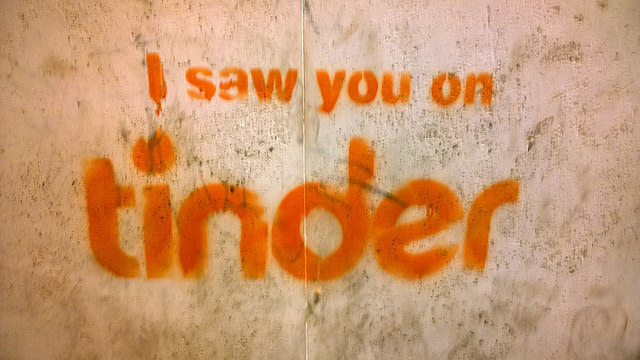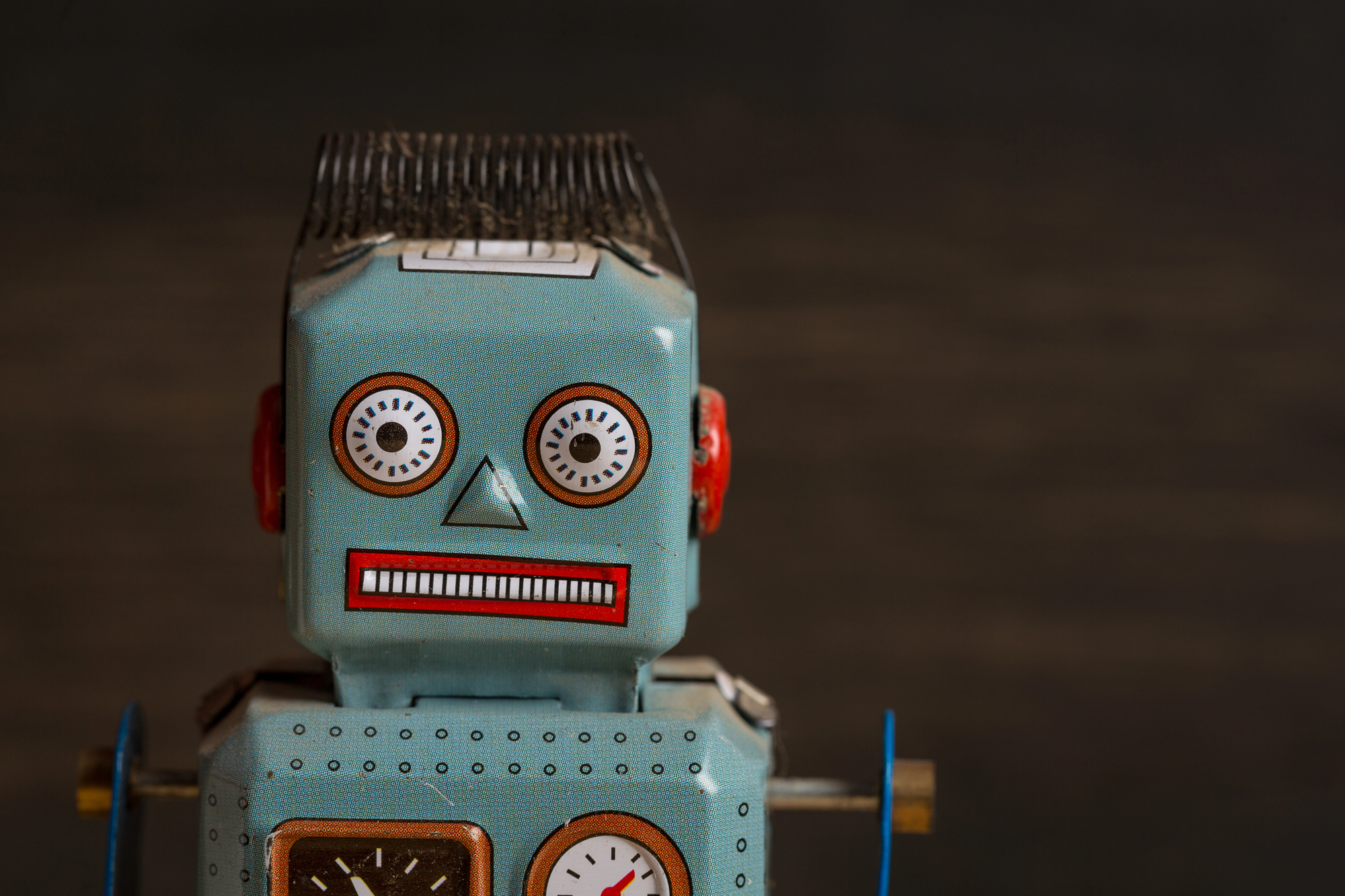The Socioeconomic Divide of Dating Apps
Many are familiar with the popular dating app “Tinder,” best known for its quick “swiping” method of indicating interest in nearby users and creating “matches.” In an apparent effort to get away from its reputation of simply being a convenient “hook-up” app and get closer to its original dating purpose, Tinder recently announced that profiles will now feature work and education information. The change doesn’t go so far as to completely eliminate those with less education or a lower income, such as apps like Luxy, but it does bear possibly problematic consequences. Tinder has marketed this change as a response to user requests for these added profile details to help make more “informed choices”. Yet some are wary that this change comes with an ulterior motive.
The Atlantic recently featured an article titled, “Tinder’s New Profiles Make it Easier for Privileged People to Date Each Other” . In the article, the author argues that this new feature simply makes it easier for people from similar socioeconomic backgrounds to couple up, driving it more towards traditional dating – in which people are likely to pair off with people with similar education attainment or work status, anyways. However, if traditional, real-life partner acquisition is the ideal, why would anyone be using a dating app in the first place?
The author additionally points out the problematic notion of allowing users to make gut decisions about potential matches, citing how many users may be, whether intentionally or not, quickly searching for indications of race and socioeconomic status in their swiping decisions. Real-life dating, such as choosing to approach someone at a bar, may already rely on this type of decision making based on appearances and perceived socioeconomic status.
In this way, it can be argued that Tinder’s new profile additions are simply mirroring the way in which people already meet and choose their partners. It makes sense that people tend to work and associate with people with similar education levels or in similar career fields. On the other hand, it can be argued that this move is diminishing social mobility through marriage and negatively contributing to the wage gap in the U.S. Given these circumstances, is Tinder’s recent update simply a move to make the app reflect modern dating practices, or is it problematically perpetuating negative economic marriage motives?





